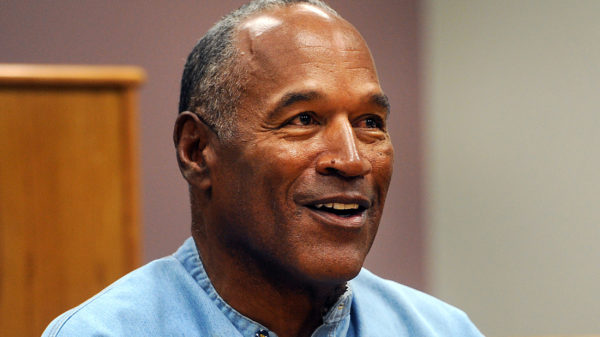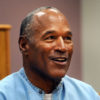“Imagine your day with literally nothing to occupy your time — no books, no TV, no movies, no computer, no connectivity — in the worst of circumstances day after day.” That, says Southern New Hampshire University President Paul LeBlanc, is the grim reality of millions of young refugees whose plight means they don’t have access to education.
In fact, across the globe, only 1% of more than 65 million displaced refugees have access to higher education, according to the United Nations.
The U.S. only allows a small number of college-aged refugees into the country each year, leaving many without the opportunity to pursue a U.S. college degree. Only about 30,000 refugees aged 18 to 24 were allowed into the U.S. from 2013-2015. With so few college opportunities for refugees, some U.S. colleges are developing programs — both physical and online — to help them earn college degrees for free or at reduced costs.
Southern North Hampshire University is making a significant commitment with a $10 million initiative to bring college education from the U.S. to refugee students around the world. In 2015, SNHU first offered classes to some 300 students at two refugee camps in Rwanda. After the first 16 graduates of the Kiziba Refugee Camp received their associate degrees this June, an anonymous group of donors pledged $10 million for an expansion of the program to other countries.
Over the next two years, SNHU plans to add camps in Lebanon, Kenya and Cape Town, South Africa, with a long-term goal of educating 50,000 refugees in 20 locations by 2022.
“Education is not only for people who have their own countries,” said Jean Bosco Dukuzumerumyi, one of the 16 Rwandan refugee students who graduated in June. “Refugees can also do good, and I hope that people who are listening to me can start changing the stereotype that refugees are lazy and cannot pursue education.”
LeBlanc says these U.S. accredited degrees give refugee students the tools for their cultures to rebuild their lives and thrive. “Our refugee students are getting jobs, and that means all the difference in the world,” LeBlanc says. “You go from living on 33 cents a day [in Rwanda], to being able to take care of your family, to buy food and clothing, and augment that meager living in the camp.”
Degrees will be offered through online SNHU courses with the assistance of local instructors by partnering with organizations in the region. In Rwanda, they partnered with the non-profit university Kepler. In Lebanon, LeBlanc says they plan to partner with the American University of Beirut.
Lebanon has seen an influx of more than one million Syrian refugees in recent years. One in five people in Lebanon are now from the war-torn country. Even fewer refugee students will be able to come to the U.S. to study in the future, leading to greater demands for programs designed to serve them.
President Trump’s budget outlines cutting refugee program funding by $150 million. He also wants to lower the number of refugees the U.S. accepts each year to 50,000, compared to the 110,000 President Obama pledged to admit before leaving office. A USA TODAY analysis found that refugee admissions have plummeted under the Trump administration.
But achieving an academic degree is still possible from abroad, especially for SNHU’s first graduating class of refugee students. All 16 of SNHU’s Kiziba Refugee Camp students who graduated in June with associate degrees are going on to complete their bachelor’s degrees with SNHU and Kepler. Some have already found professional work, doing things like developing corporate social media marketing campaigns and designing curriculum content for motorcycle drivers.

New graduate Jean Bosco Dukuzumerumyi, left, with his twin brother, Saddam. (Photo: Alex Buisse) courtesy of USATODAYCOLLEGE
“There’s all of a sudden a sense of hope,” says LeBlanc. “Now [they’re] going to be equipped with the tools that allow [them] to someday make a better life for [themselves] and [their] families.”
These aren’t the only programs that serve refugees – Coursera and Arizona State University are two other organizations that offer online courses. University of the People provides online tuition-free, accredited classes to more than 1,000 refugees worldwide, more than 500 of whom are from Syria.
This article was first published on USATODAYCOLLEGE website.







































